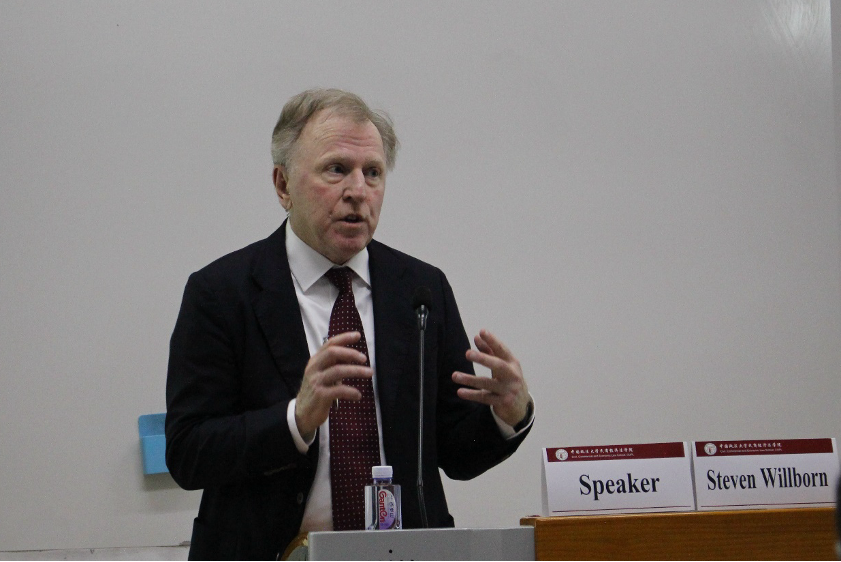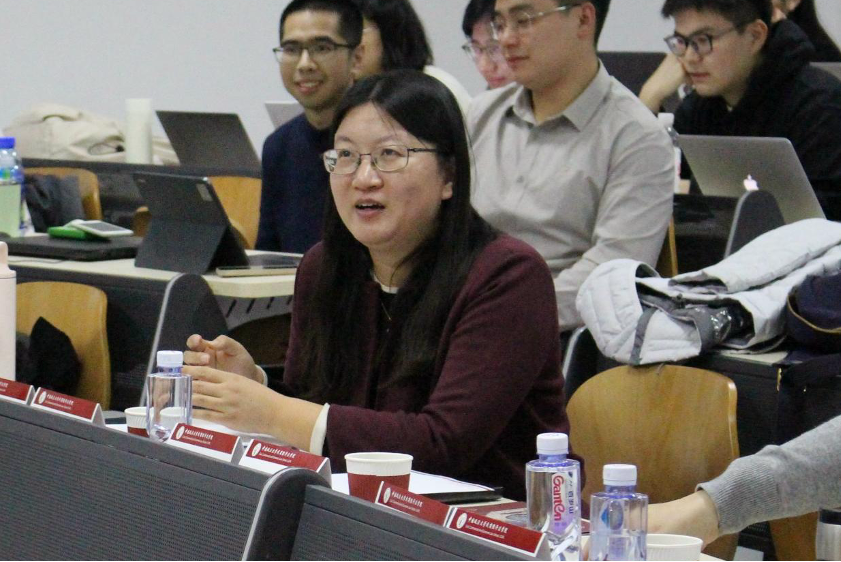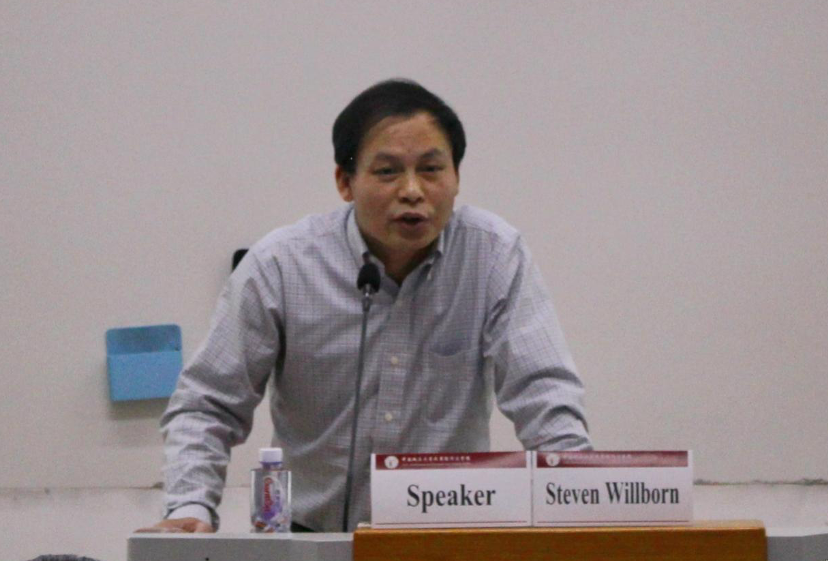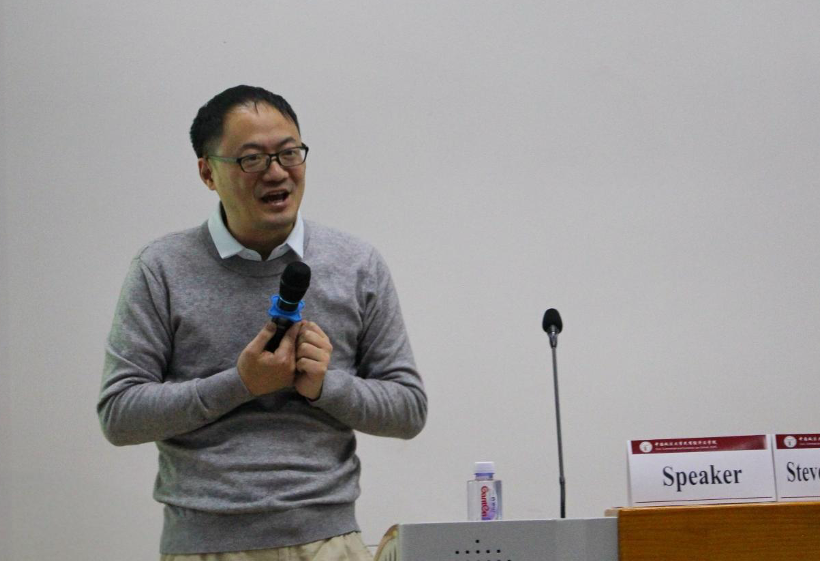On December 3, the 34th session of the "New Horizons Overseas" lecture series was successfully held by the Civil, Commercial, and Economic Law School at China University of Political Science and Law (CUPL). The keynote speaker, Steven L. Willborn, Professor at the University of Nebraska-Lincoln College of Law, delivered an academic lecture titled "Understanding U.S. Law Journals: Insights into Writing, Submission, and Publication". Professor Willborn, who also serves as the President of the International Association of Labour Law Journals and as a member of the editorial board of the Comparative Labor Law & Policy Journal, is internationally renowned for his expertise in labor law.

(The speaker Prof. Steven Willborn)
This lecture was moderated by Asst. Prof. Ding Wenwen from the Social Law Institute, with panel discussions led by Prof. Wang Xianyong, Deputy Director of the Social Law Institute of Civil, Commercial and Economic Law School, CUPL, and Prof. Ke Zhenxing from Nankai University School of Law. The event attracted over forty doctoral and master’s students.

(Asst. Prof. Ding Wenwen Presided over the Lecture)
During the lecture, Prof. Willborn first provided an overview of the general landscape of U.S. law journal. He then offered detailed guidance on submitting articles to these journals and explained the review and editorial processes. Finally, he provided practical advice on selecting appropriate research topics for article submission to U.S. law journals.
In the panel discussion, Prof. Wang Xianyong emphasized the significance of academic publishing and, drawing on both Prof. Willborn's lecture and his own professional experience, shared his valuable insights into the process of publishing legal journal articles.

(Prof. Wang Xianyong as a Discussant)
In his remarks, Prof. Ke Zhenxing emphasized the critical importance of academic writing and publication for scholars. He also shared his personal experiences and insights into the process of writing English-language academic papers.

(Asst. Prof. Ke Zhenxing as a Discussant)
The event concluded with an interactive Q&A session, where Prof. Willborn addressed questions from the discussants and the audience.
Asst. Prof. Ding closed the session by thanking Prof. Willborn for his informative lecture, the discussants' contributions, and the students’ active participation.


